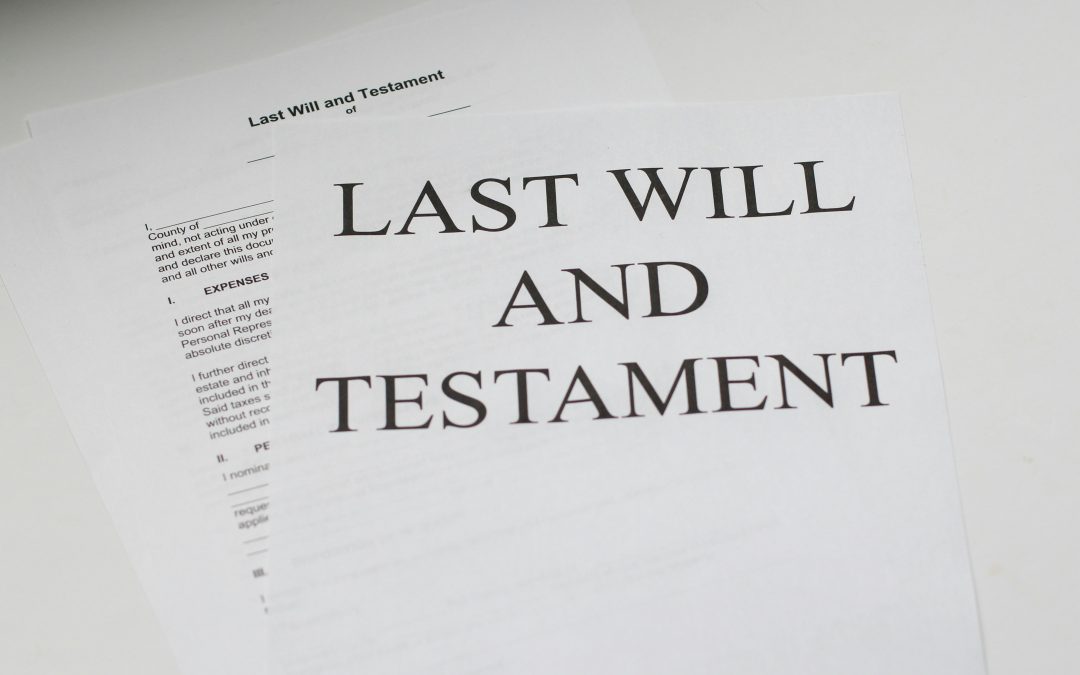Owning property or holding assets in Spain brings with it a responsibility to understand how Spanish inheritance law works. Unlike in the UK, Spain applies a civil law system, which includes fixed rules about who inherits what, and in what proportion. If your estate includes Spanish assets, failing to plan ahead can create delays, legal complications, and outcomes that may not reflect your wishes.
Why a Spanish Will Matters
A common mistake among UK nationals is assuming their English will automatically applies to their Spanish estate. While it might have some influence, the reality is more complicated. Spain can sometimes apply forced heirship, meaning a portion of your estate must pass to specific heirs, usually children, even if your UK will says otherwise.
To avoid this, a separate Spanish will should be considered. It doesn’t normally replace your UK will, but complements it. The key is to make clear which assets each will covers and to ensure they don’t contradict each other. With the right legal wording, it’s also possible to elect for your estate to be governed by English law under the EU Succession Regulation (Brussels IV), but this must be correctly drafted and interpreted under Spanish legal standards.
What Happens During Probate in Spain
Probate in Spain, referred to as aceptación de herencia, is handled differently than in England and Wales. There is no central court process. Instead, it is an administrative matter conducted before a notary, but one that can become complex without the right documents and local understanding.
Heirs must provide:
- The original or notarised will
- A certificate from the Spanish Central Wills Registry
- Legalised and translated death certificate
- NIE numbers for all beneficiaries
- Title deeds or documentation proving ownership of assets
- A complete list of assets and liabilities in Spain
Please note: This is not an exhaustive list, additional documents may be required depending upon the circumstances.
The notary will then draw up the deed of acceptance of inheritance. Inheritance tax (Impuesto de Sucesiones) must usually be paid within six months of death, an important deadline that catches many families off guard.
Avoiding Legal Disruption
Without a clear, valid Spanish will and the proper legal support, families often face long delays in gaining access to property or funds. Probate can stall over missing paperwork, inheritance disputes, or simply misunderstanding the process.
Working with professionals who understand both UK and Spanish law helps prevent these issues. A well-structured estate plan removes uncertainty and makes life much easier for those left behind. If you hold property in Spain or have financial ties there, now is the time to explore our wills and probate services to ensure everything is in order.
Planning With Confidence
Cross-border estates require careful planning. From managing tax implications to drafting legally valid documents, the process is rarely straightforward. That’s why choosing the right legal partner is so important.
Our guide to choosing the right Spanish lawyer for your needs offers practical advice for selecting someone who can advise on the specifics of Spanish and international estate law.
Estate planning isn’t just about asset distribution, it’s about protecting your legacy and supporting your family when they need it most.


